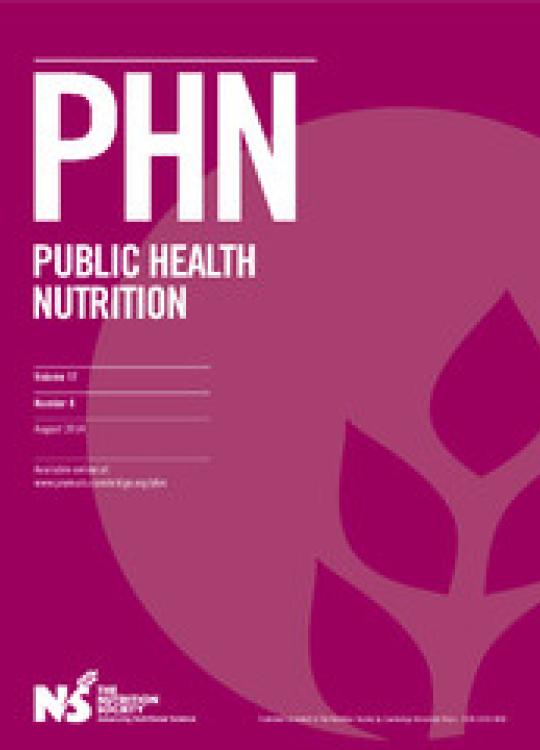
Breadcrumb
Mother's Social Networks and Child Nutrition in Andhra Pradesh
Objective: It is hypothesised that mothers' social networks can positively affect child nutrition through the sharing of health knowledge and other resources. The present study describes the composition of mothers? networks, examines their association with child nutrition, and assesses whether health knowledge is shared within networks.
Design and setting: Cross-sectional data for mothers of young children from Andhra Pradesh (south India) were combined with existing data from the Young Lives study, in which the mothers were participating (n ¼ 282).
Results: The composition of social networks varied between urban and rural areas, with urban networks being larger, more female, more literate and with a greater proportion of members living outside the household and being non-family. There was a positive association between child's height-for-age Z-score and mother's network size and network literacy rate. The association with network literacy was stronger among the poorest households. Women commonly reported seeking or receiving health advice from network members.
Conclusion: Big and literate social networks are associated with better child nutrition, especially among the poor. The dissemination of health knowledge between network members is a plausible way in which social networks benefit child nutrition in India. Further research into the underlying mechanisms is necessary to inform the development of interventions that channel health information through word of mouth to the most excluded and vulnerable families.
The copyright belongs to Cambridge University Press and to Public Health Nutrition. The article is reproduced in accordance with the self-archiving policies of Cambridge University Press.

